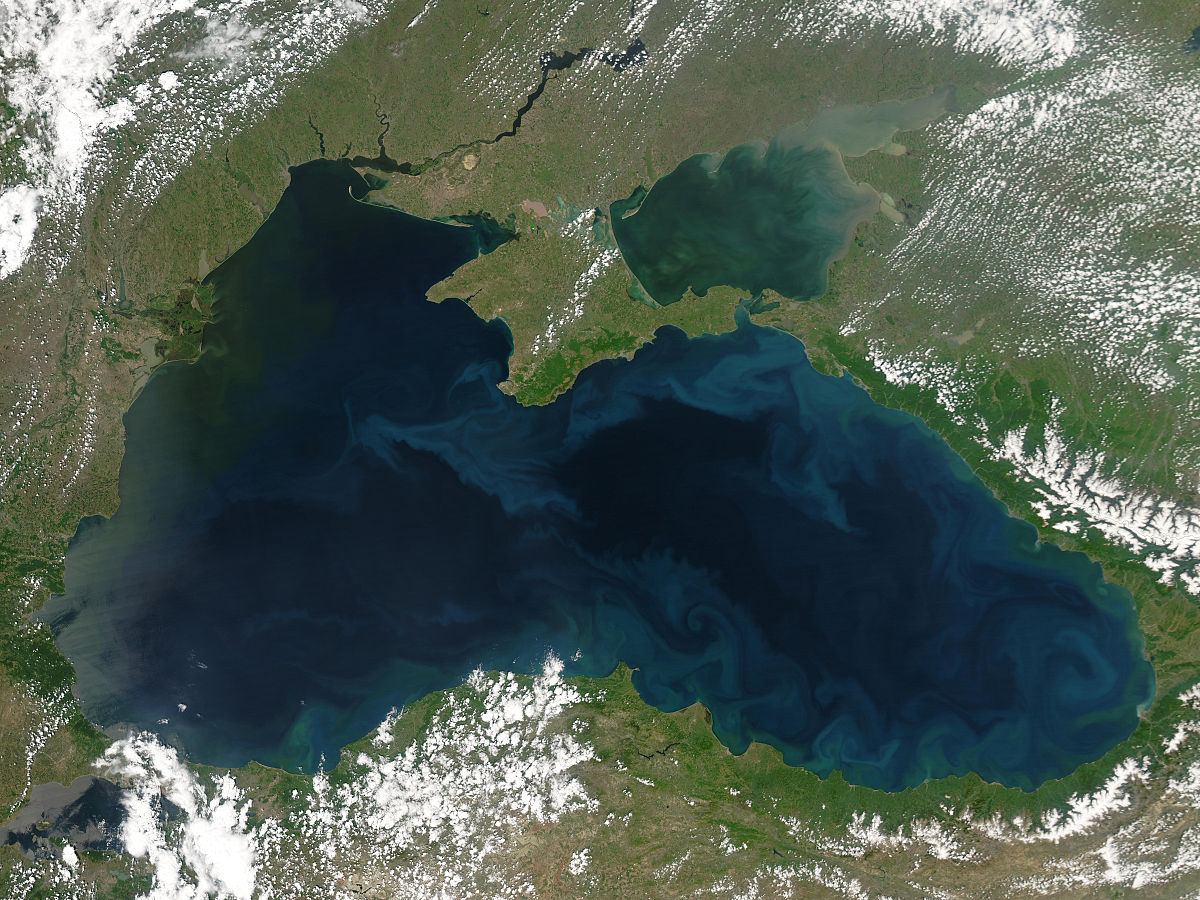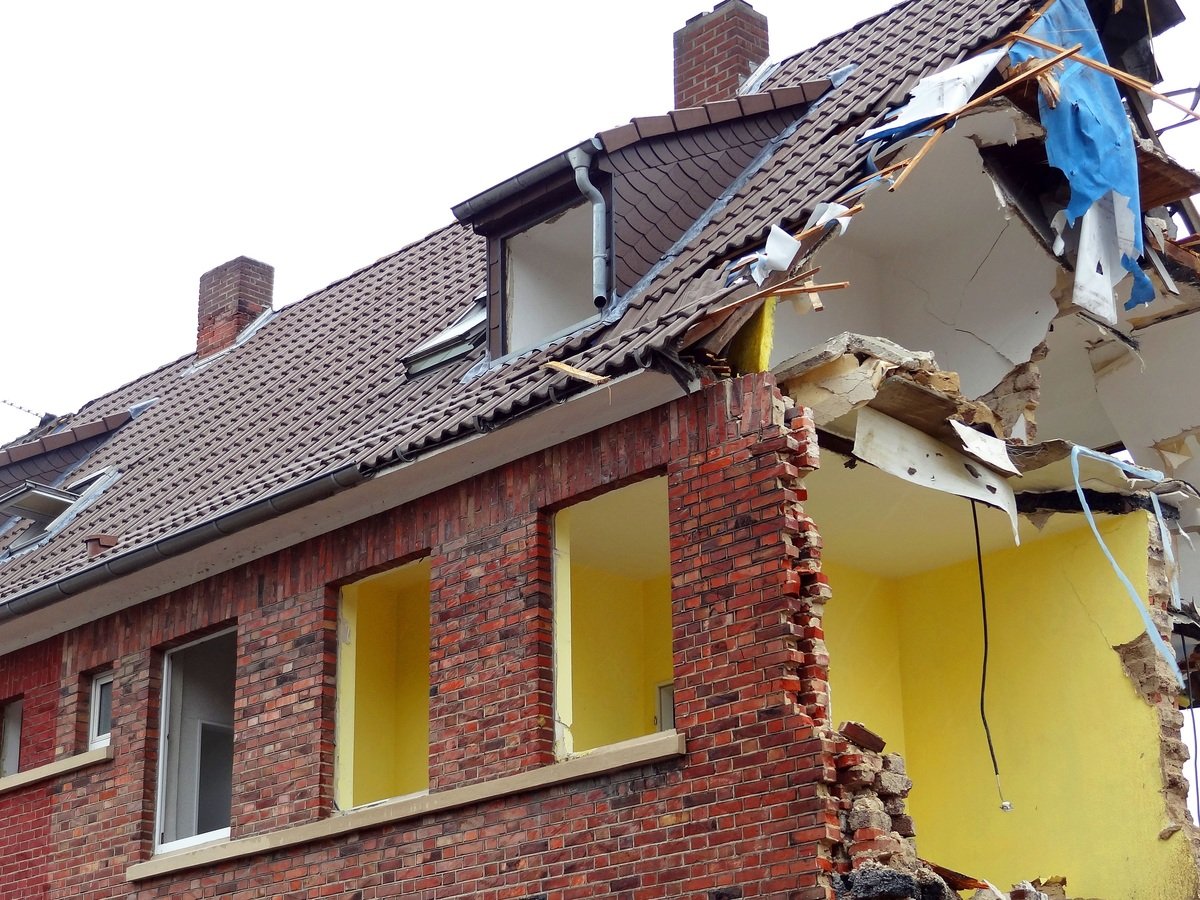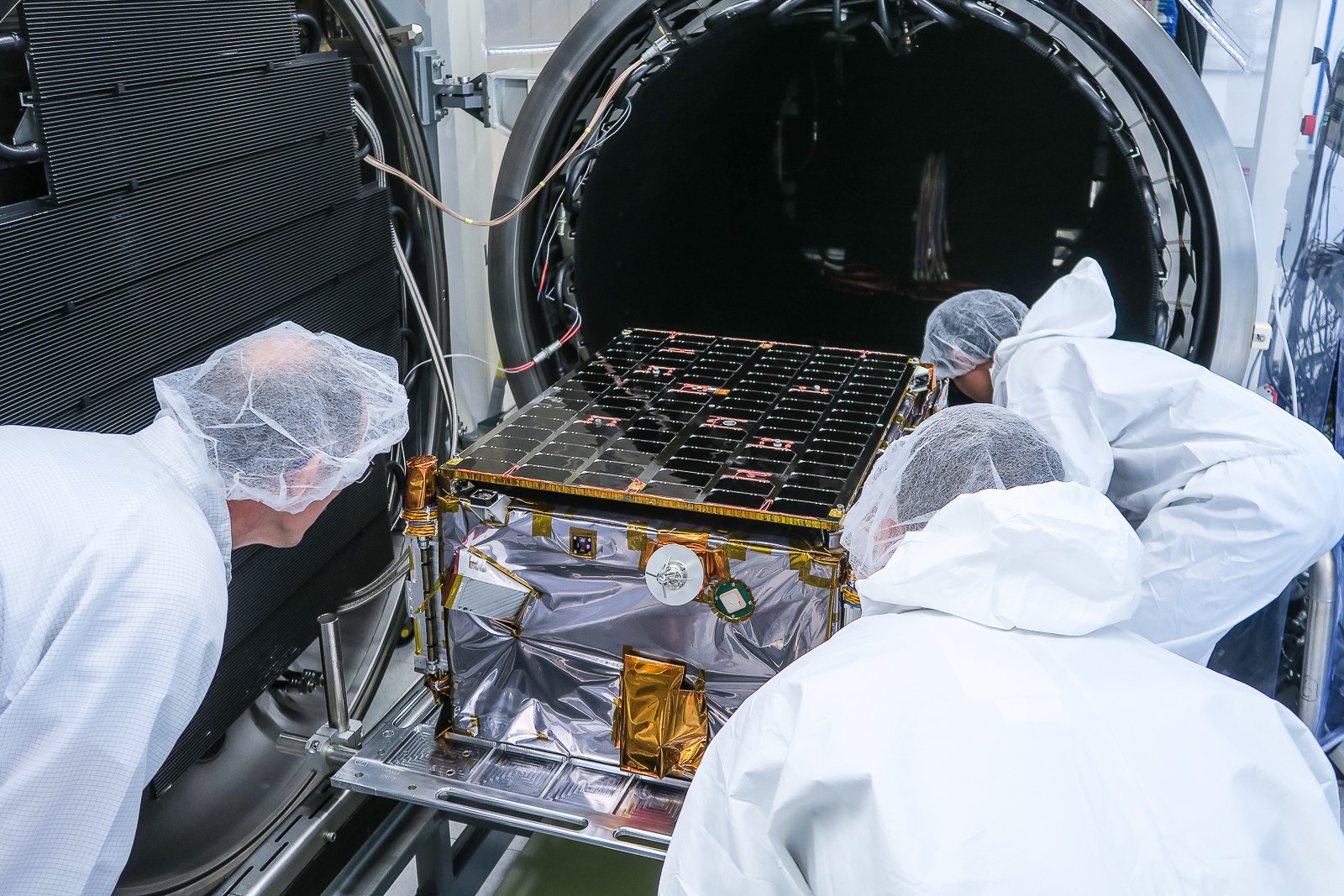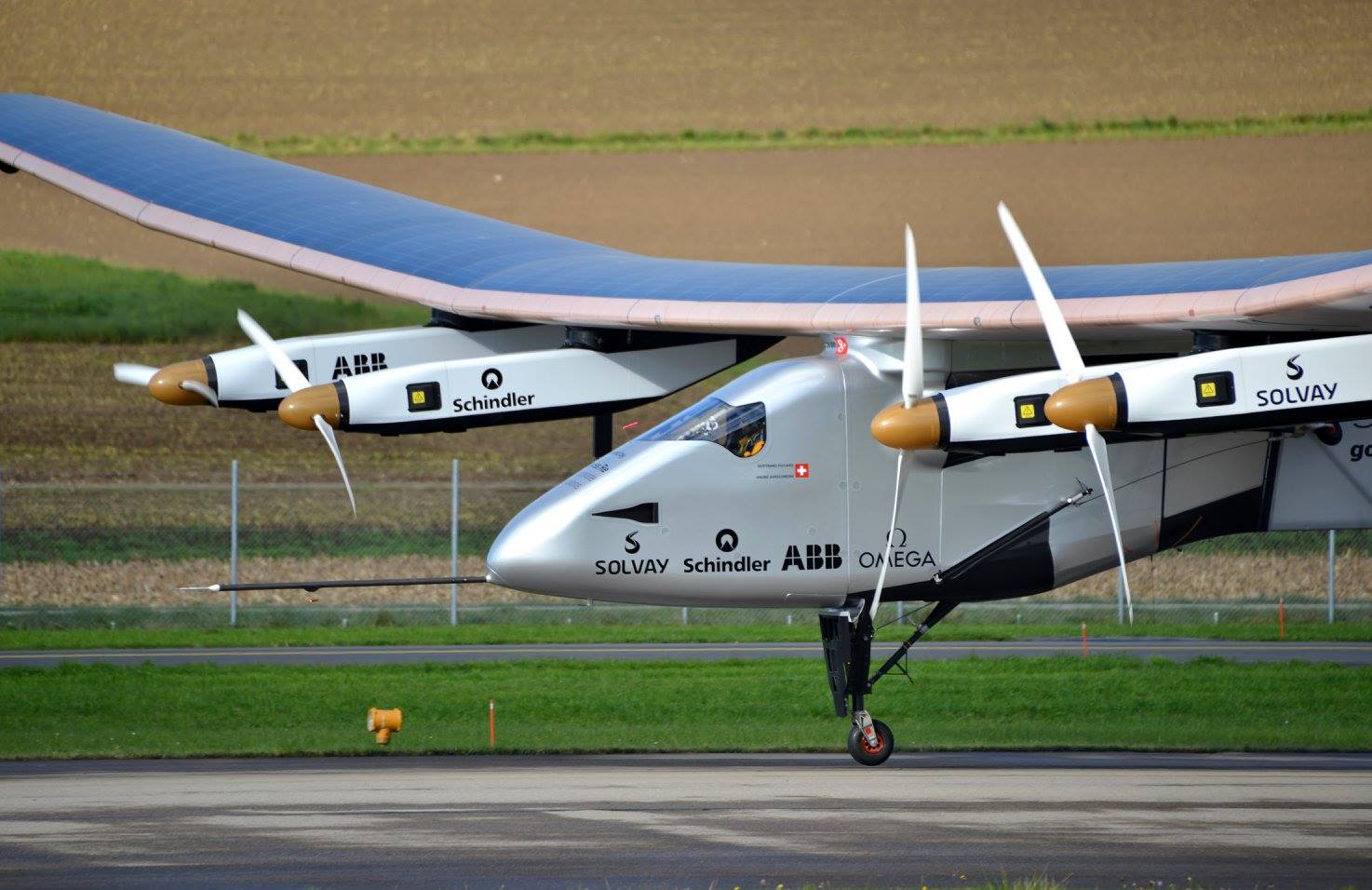Black Sea research could reveal cultural sites and methane ice – Dr Adrian Stanica
Cooperative marine research projects between the countries surrounding the Black Sea could reveal cultural heritage sites and unknown resources such as frozen methane, as well as enhance economic growth, bolster tourism and strengthen political bonds, according to Dr Adrian Stanica. He is Director-General of the Romanian National Institute of Marine Geology and Geoecology (GeoEcoMar) and … Read more






